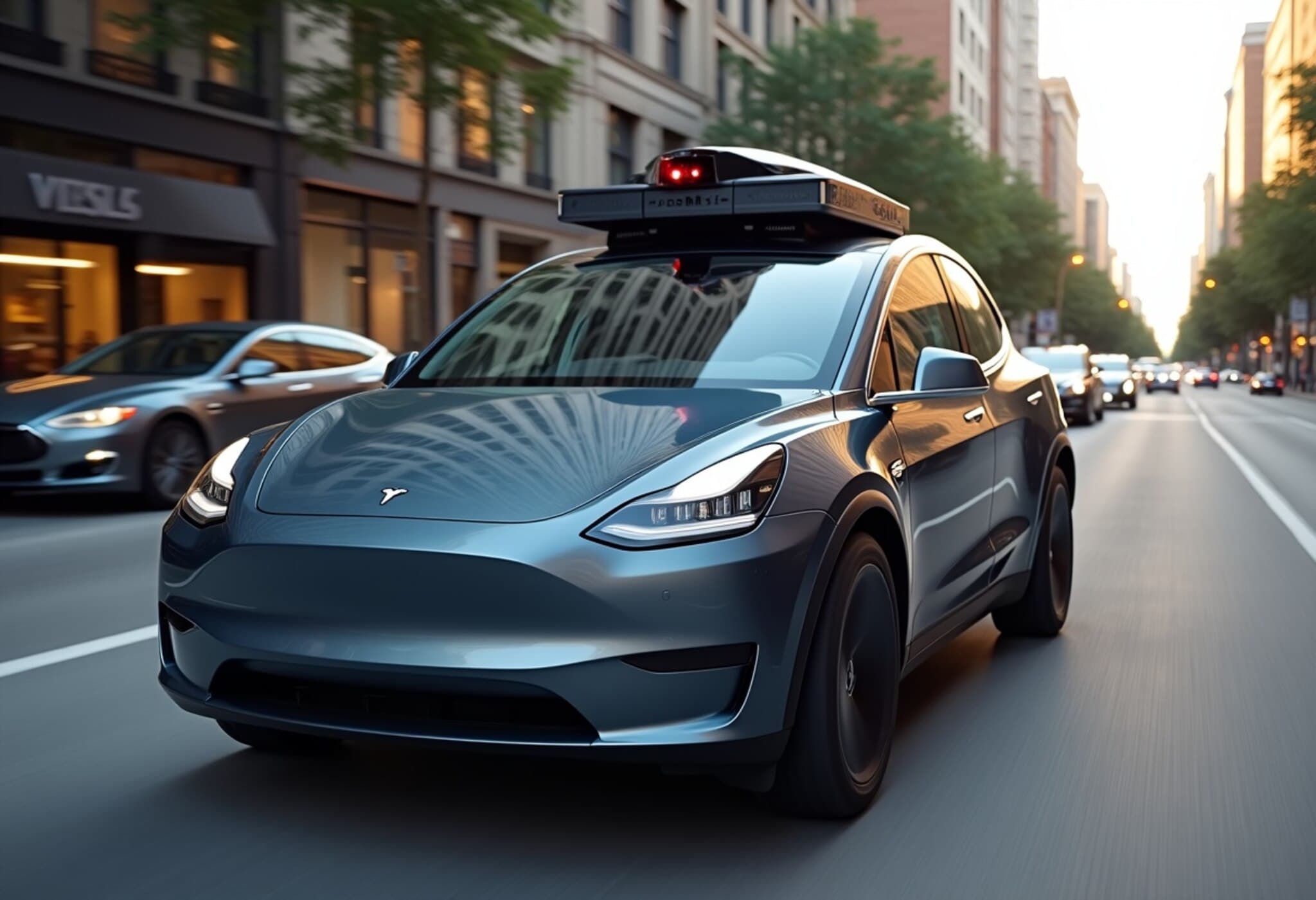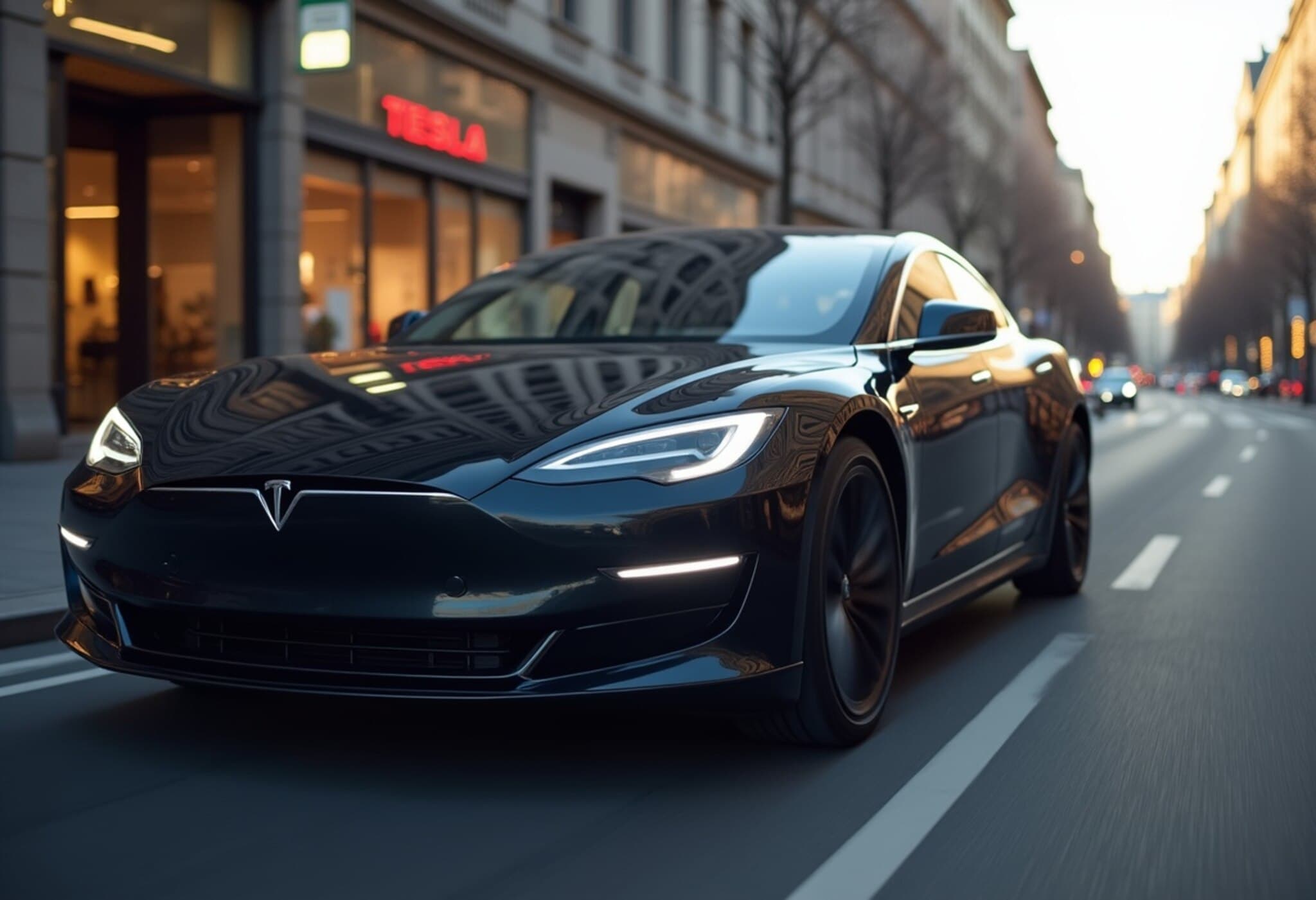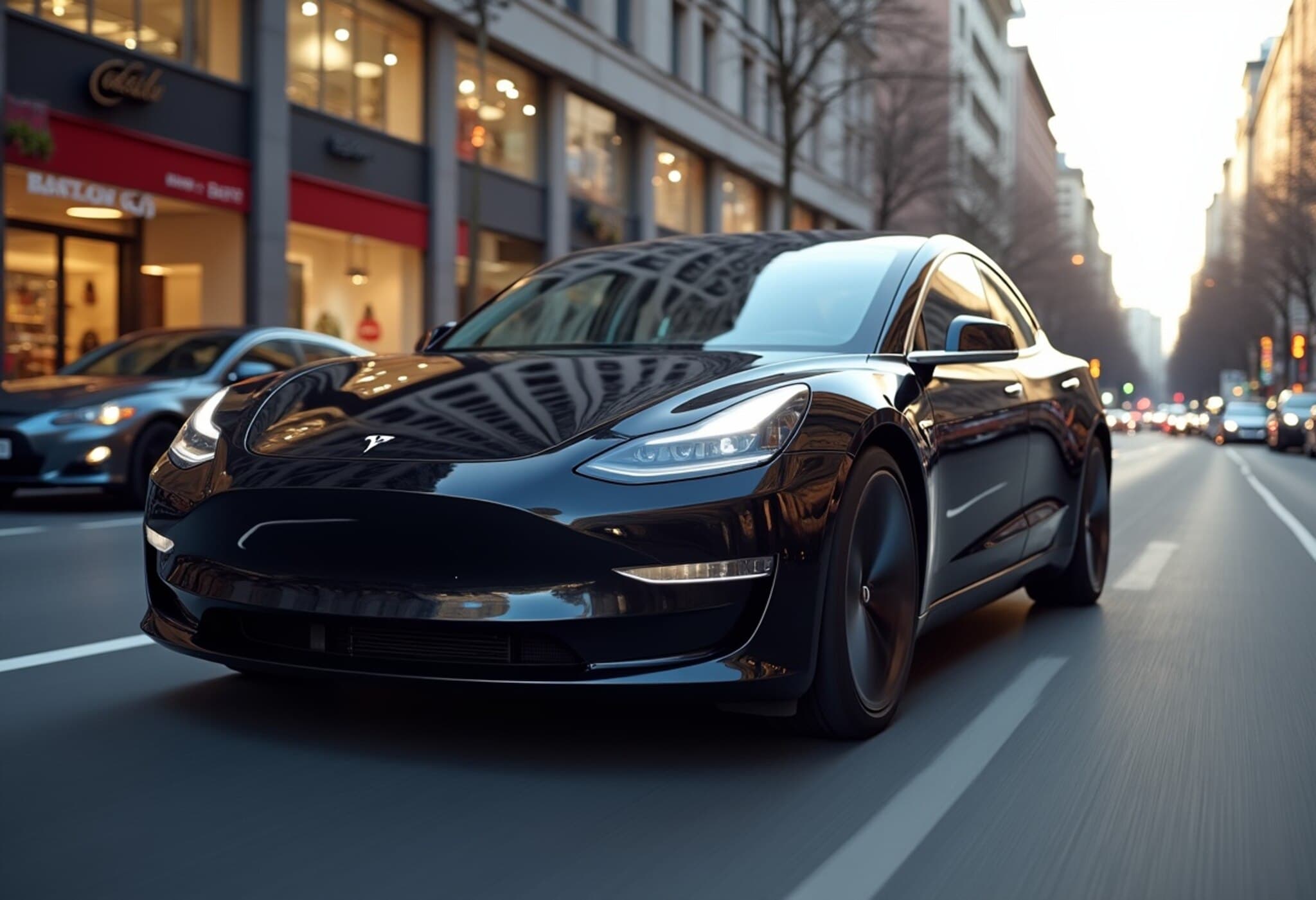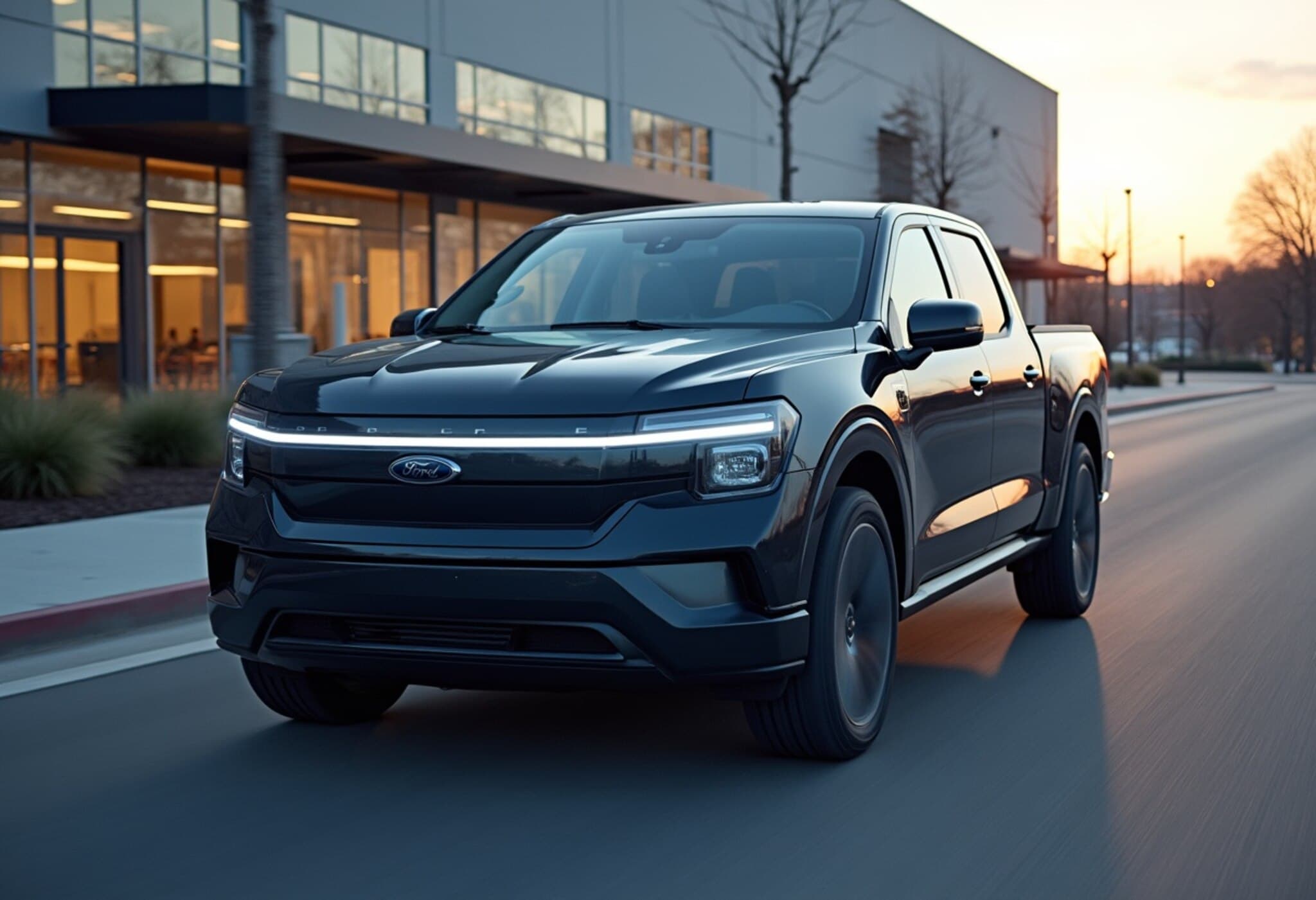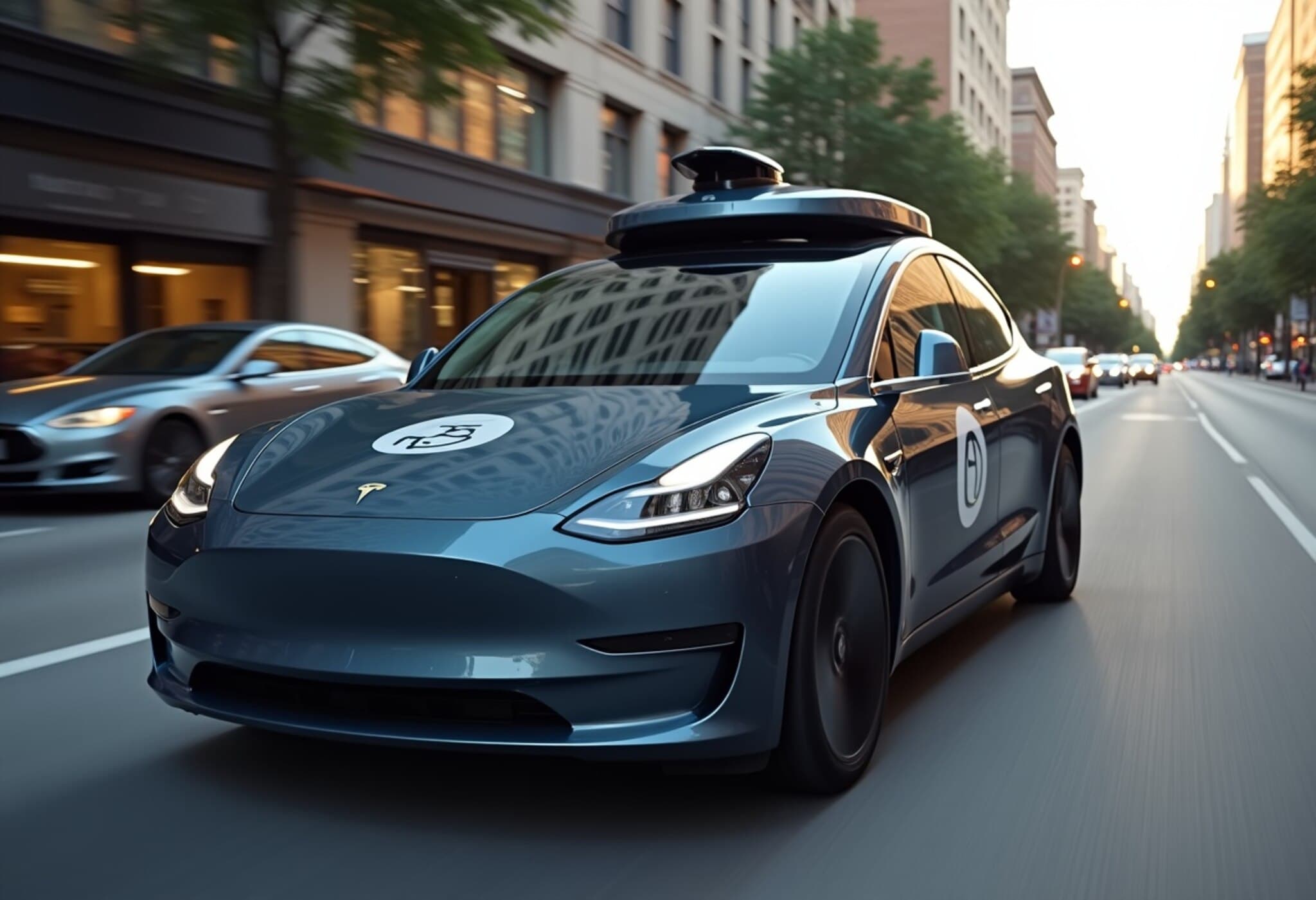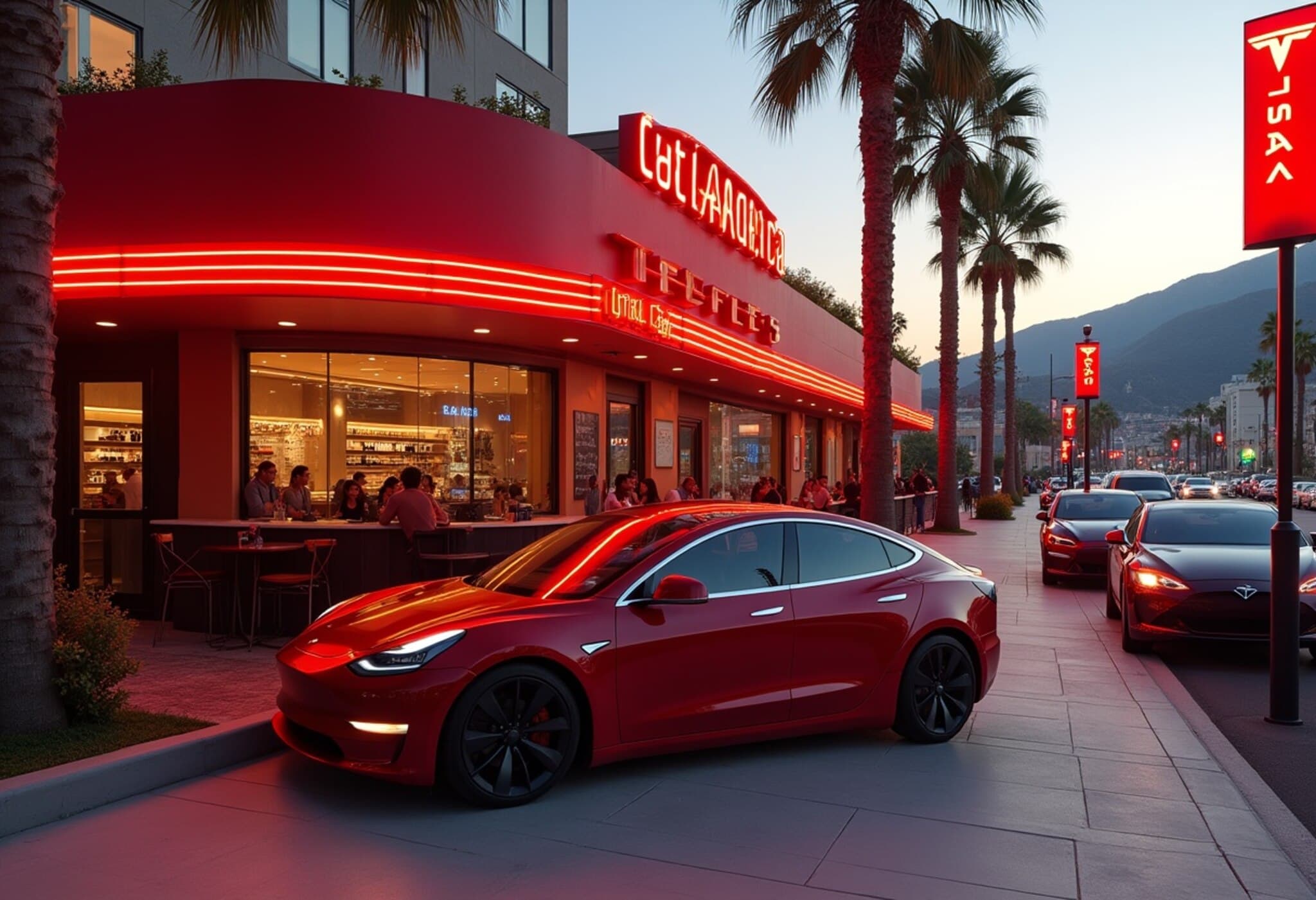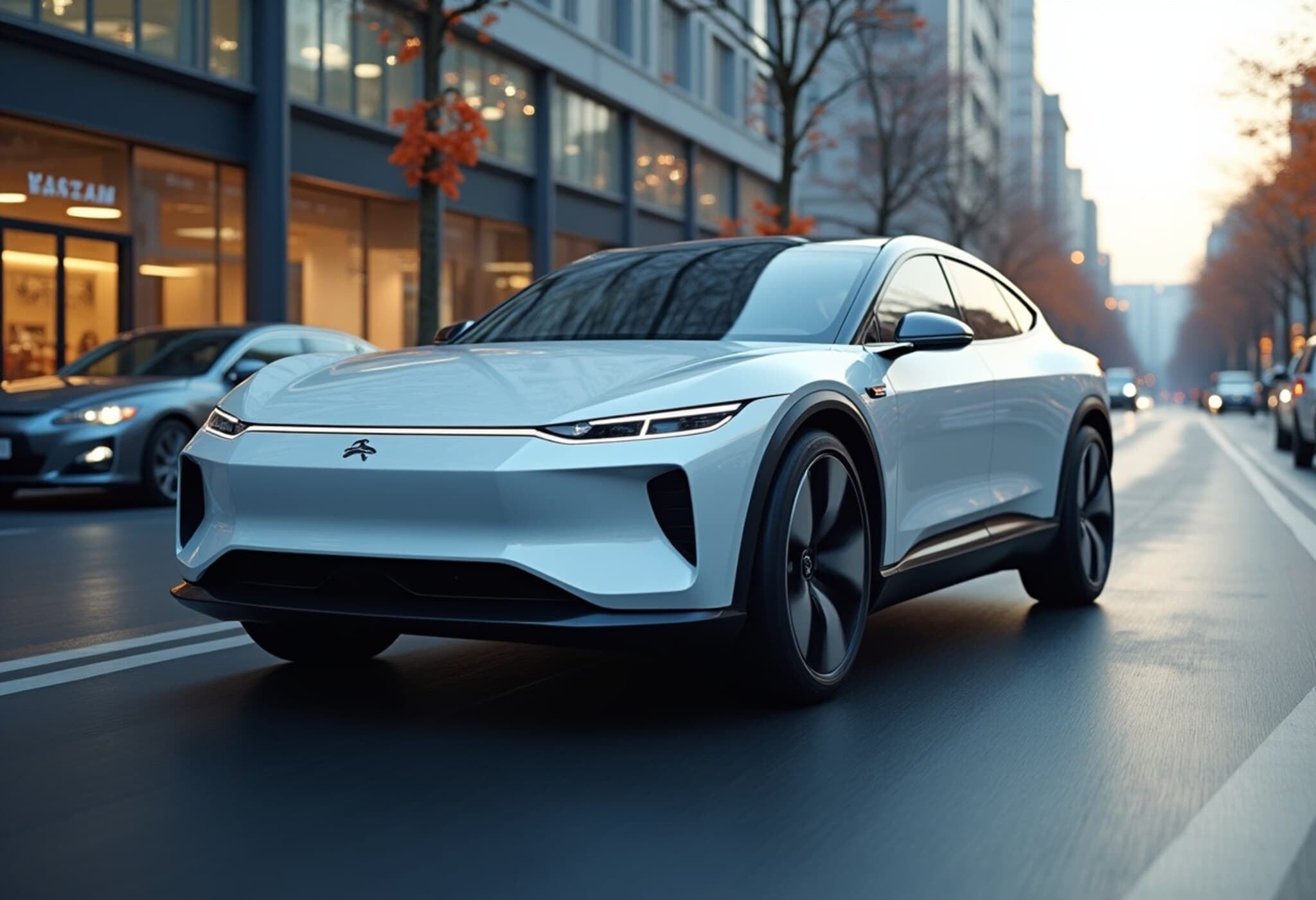China Moves to Prohibit Resale of New Cars Within Six Months
In a decisive step aiming to regulate the automobile market and curb the proliferation of zero-mileage used cars, China's Ministry of Industry and Information Technology is proposing a ban on the resale of new vehicles within six months of their registration. This policy development has surfaced through an editorial published by Auto Review, a respected industry publication managed by the China Association of Automobile Manufacturers (CAAM).
The Rationale Behind the Move
The secondhand car market in China has witnessed a surge in zero-mileage used vehicles—cars that are technically 'used' but have almost no driving history. These vehicles often enter the market through resales shortly after registration, creating confusion among consumers and undermining fair resale values. The new policy aims to provide clarity and fairness by preventing such quick turnovers.
Industry Response and Compliance Measures
Alongside this proposed ban, the China Automobile Dealers Association (CADA) has reportedly introduced a code system to regulate exports of used cars, further tightening oversight over vehicle trading practices. Leading automakers such as Chery and BYD have pledged to support these reforms by holding dealers accountable for any violations — including the licensing of cars prior to sale, which can facilitate illicit resale activities.
Implications for Consumers and Dealers
For consumers, this move could enhance confidence in the used car market by reducing misleading sales and ensuring that ‘used’ cars genuinely reflect their usage. Meanwhile, dealers may need to adjust their inventory and sales strategies to comply with the new regulations, potentially affecting short-term vehicle liquidity but fostering healthier long-term market dynamics.
Contextual Insight: Why This Matters Globally
China, the world’s largest automobile market, significantly influences global automotive trends and regulatory standards. A crackdown on rapid resale of new cars aligns with broader efforts to stabilize markets and protect consumers from deceptive practices. It also dovetails with China’s push towards sustainable consumption by discouraging speculative vehicle turnover.
Questions Raised and Future Outlook
- How will enforcement mechanisms be implemented nationwide to ensure dealer compliance?
- What impact might this have on vehicle financing and insurance industries entwined with new car sales?
- Could this regulatory approach serve as a framework for other countries battling similar resale issues?
Conclusion
The newly proposed ban on reselling new cars within six months underscores China’s evolving approach to maintaining integrity in its vast automotive market. By targeting the confusion sown by zero-mileage used cars, regulators aim to level the playing field for consumers and dealers alike. As policymakers refine these rules, the global auto industry will be watching closely for lessons and potential adoption elsewhere.
China’s attempted crackdown on rapid vehicle resales spotlights the complex interplay between consumer protection and market fluidity. While the proposal promises increased transparency, it also raises essential questions about enforcement feasibility and broader market impacts, especially in a country where new car sales represent a critical economic engine. As this policy unfolds, industry stakeholders should consider its implications beyond borders, contemplating how such regulatory frameworks might influence global automotive practices and consumer trust.


